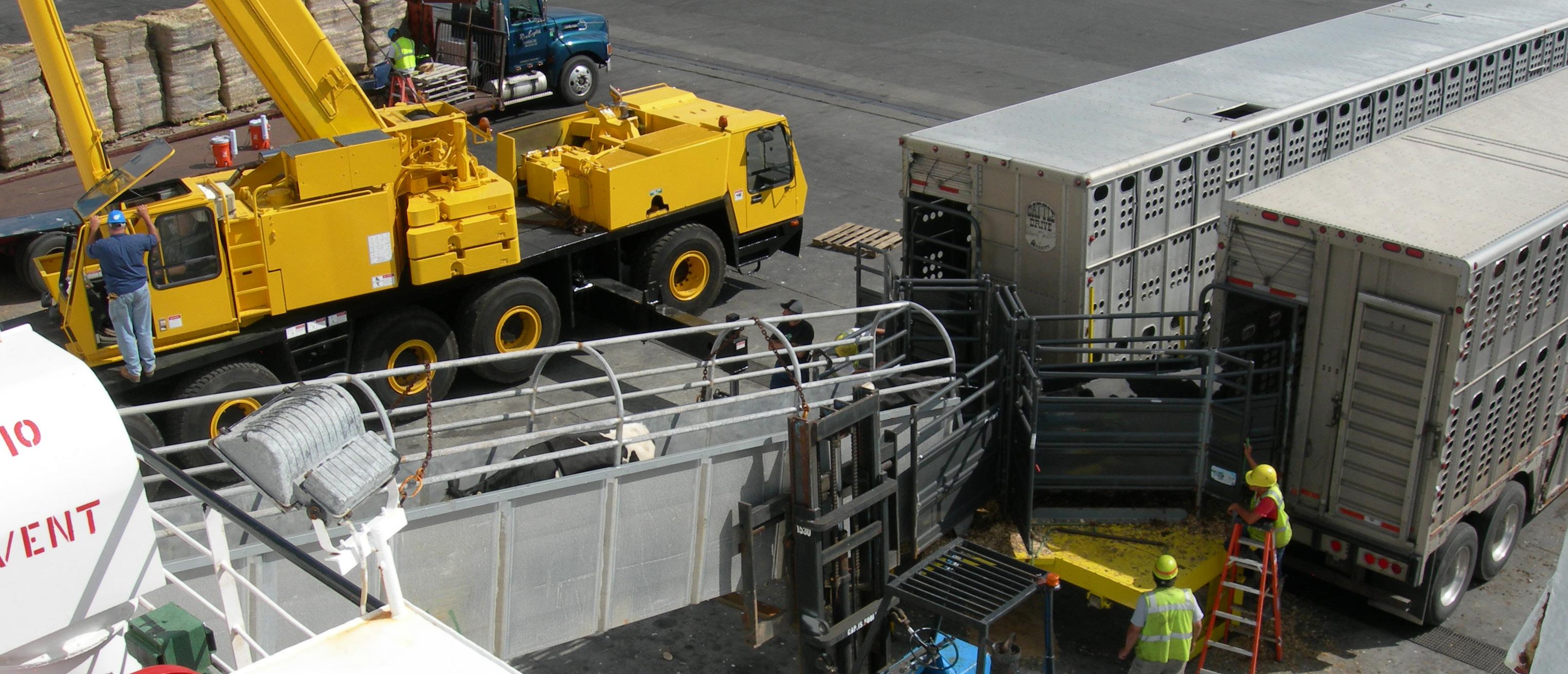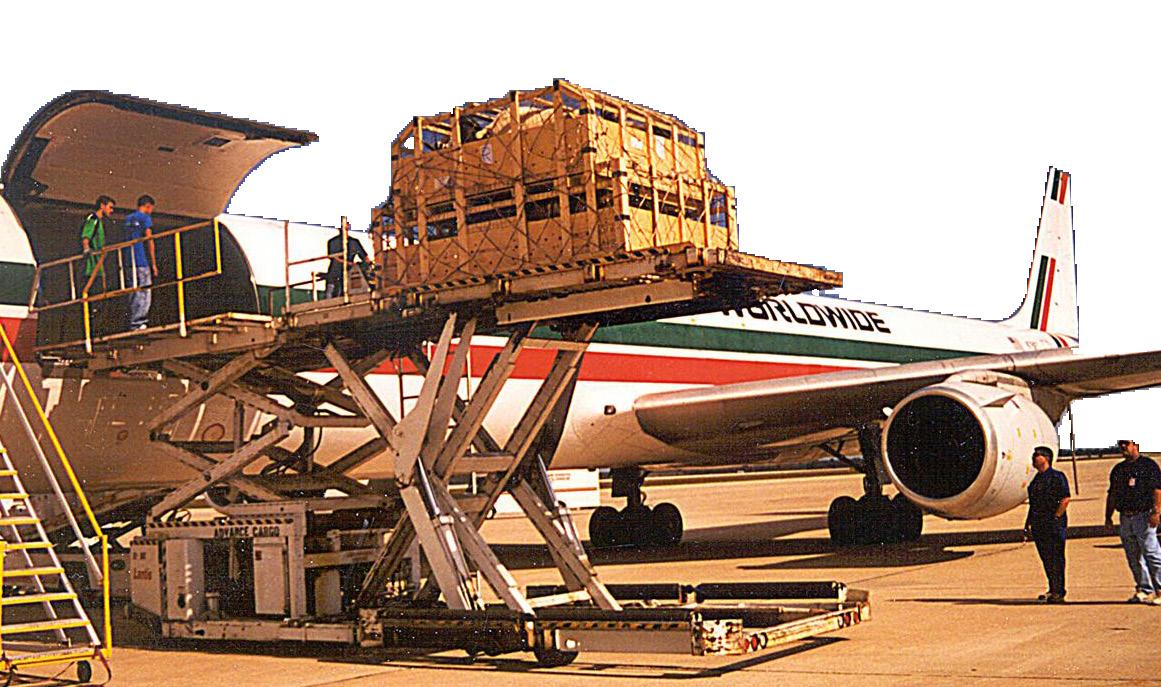
3 minute read
Livestock Exporters Association (LEA)
CHAPTER 2, SECTION 2
LIVESTOCK EXPORTERS ASSOCIATION
Founded in 1983, the Livestock Exporters Association of the USA (LEA), a member of USLGE, is a non-profit organization created to represent the livestock industry of the United States. LEA members across the United States export animals from nearly every state to scores of countries.
The United States is globally recognized for the ability to produce high volumes of high-quality beef and dairy cattle, swine, sheep, goats, horses and other livestock. LEA members and partners make proven purebred genetics and capable production animals available to the entire world.
Important considerations for importers:
If you are planning an import shipment, there are a number of things to consider in your project planning:
• Farm price
• Inland freight expense
• Assembly, quarantine, health tests, documentation
• Insurance
• Freight – ocean/air
Other considerations for importers include:
LIVESTOCK GENETICS
Many LEA members support their international customers in developing their breeding programs by exporting high-quality semen and embryos, which helps continue improvement of genetic programs when imports of live animals are not an option due to the size, logistics or timing of a shipment. This service can assist the importer by making available the very best genetics from the United States to address specific genetic traits.
EXPORT CERTIFICATES
Most countries require livestock export certificates for live animals, animal product, semen and embryos. LEA has made arrangements with industry partners to provide a certificate that meets those needs. For further information please visit https://livestockexportusa.com/export-certifications/.
INSURANCE
Many LEA members have relationships with highly rated insurance companies (including other LEA members) from around the world that can provide insurance coverage to importers. Insurance coverage protects the major risks of shipment. The length of the coverage can be for transit only or be extended to include: pre-shipment isolation period; post-shipment quarantine to 60 days; post-shipment farm coverage for up to 364 days after importation; some disease retests; or loss/abortion of fetus of bred animals.
EXTENDED INSURANCE COVERAGE
• Preshipment isolation period
• Postshipment quarantine to 60 days
• Postsshipment farm coverage (for up to 364 days after importation)
• Some disease retests
• Loss/abortion of fetus of bred animals
ANIMAL TRANSPORTATION
With the economy growing and livestock markets expanding, the need for international and domestic livestock travel has increased. LEA members take the welfare of all animals very seriously, no matter how they are transported — by air, sea or land.
They developed a Livestock Welfare Audit Program in 2014 that members can take part in to assure the importer that their shipment has been exported in a humane manner that meets the highest standards of modern-day animal welfare.
LEA members are committed to making sure the process of importation meets the most stringent standards and has developed a Code of Practices that all exports should adhere to.

Livestock Exporters Association
Code of Practices
International importers working with LEA members:
• Provide customers with sources for livestock of the highest quality meeting required health standards
• Promote a Code of Fair Practices for international marketing of live animals outlining responsibilities of buyers and sellers
• Assist with export financing by advising qualified customers of financial assistance available through various government programs
• Advise customers and members on insurance alternatives and shipping options
• Assist with order processing for faster, more efficient service
• Promote post-sale communication to ensure satisfied buyers and future sales
LEA members:
• Cooperate with Animal and Plant Health Inspection Service (APHIS)/Veterinary Services (VS) in developing import/export health and sanitary agreements with foreign countries; participate in import/export type seminars; provide industry input into resolving off-loading, quarantine and transit problems as the need arises, and other activities as agreed upon.
• Provide a forum to foster greater cooperation among competing firms when the common interest of all might be benefited
• Foster the growth of technology in our business by providing a forum for the exchange of new information
• Keep LEA members informed of items of mutual interest
• Eliminate unnecessary time, effort, and expense in making our products more competitive on the world market
Reference
Livestock Exporters Association, https://livestockexportusa.com










